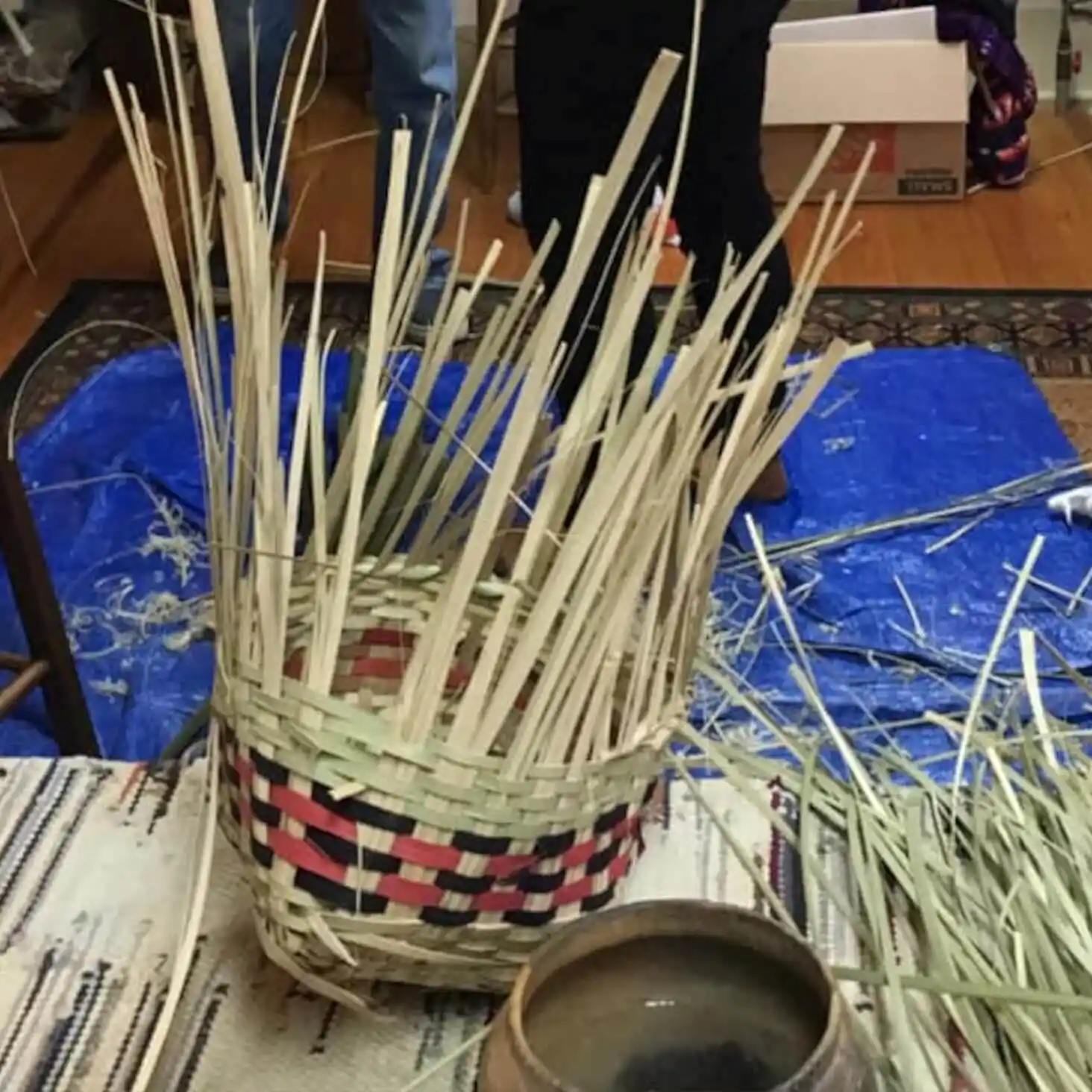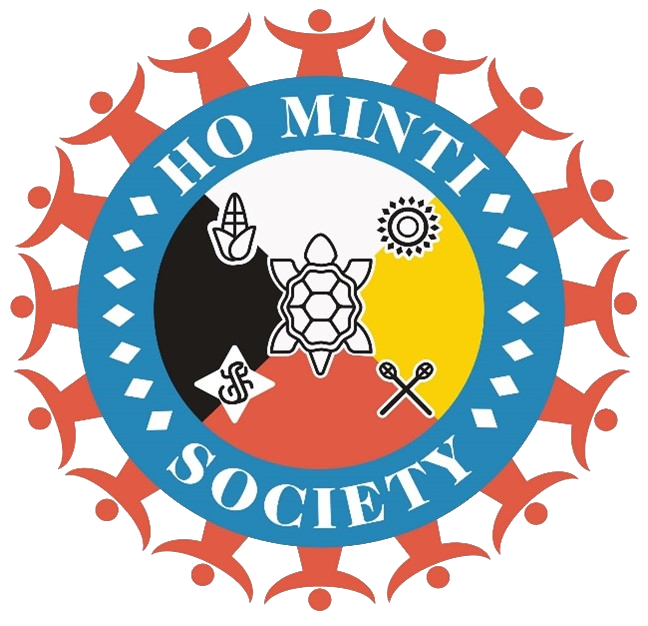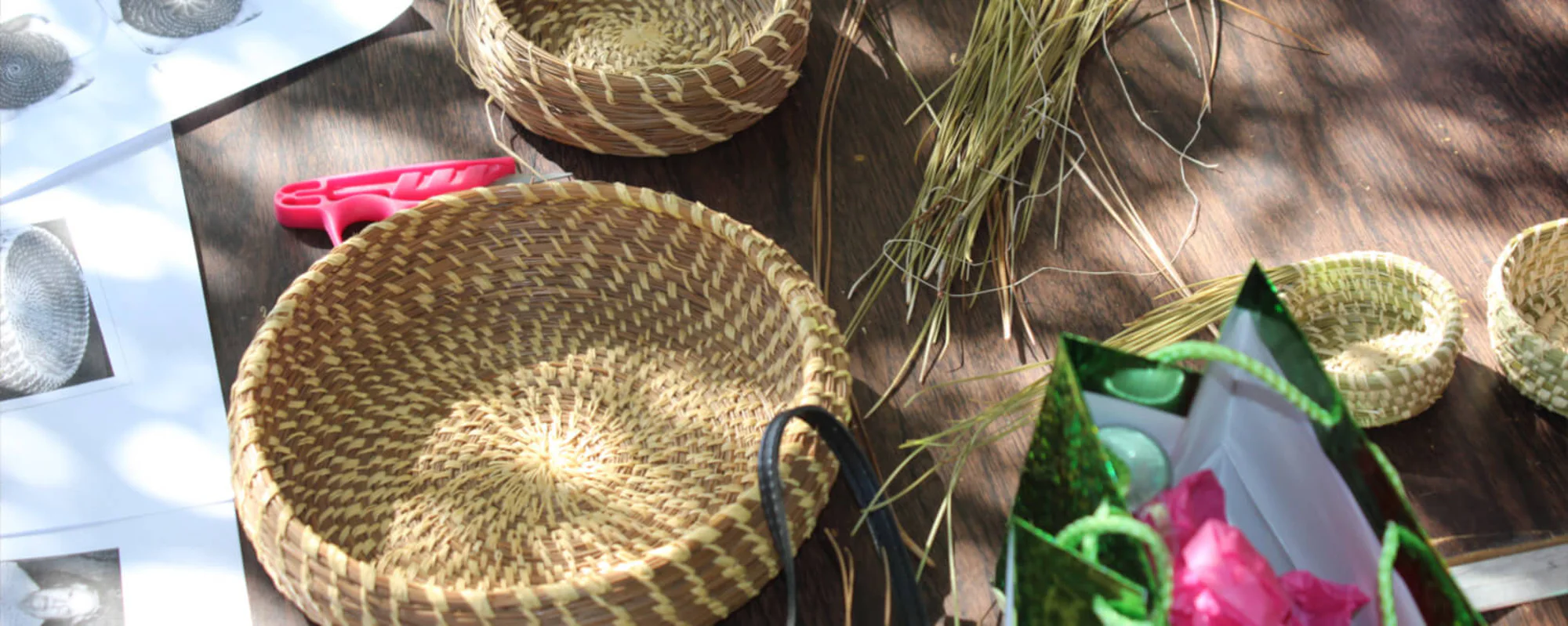
Ongoing Projects
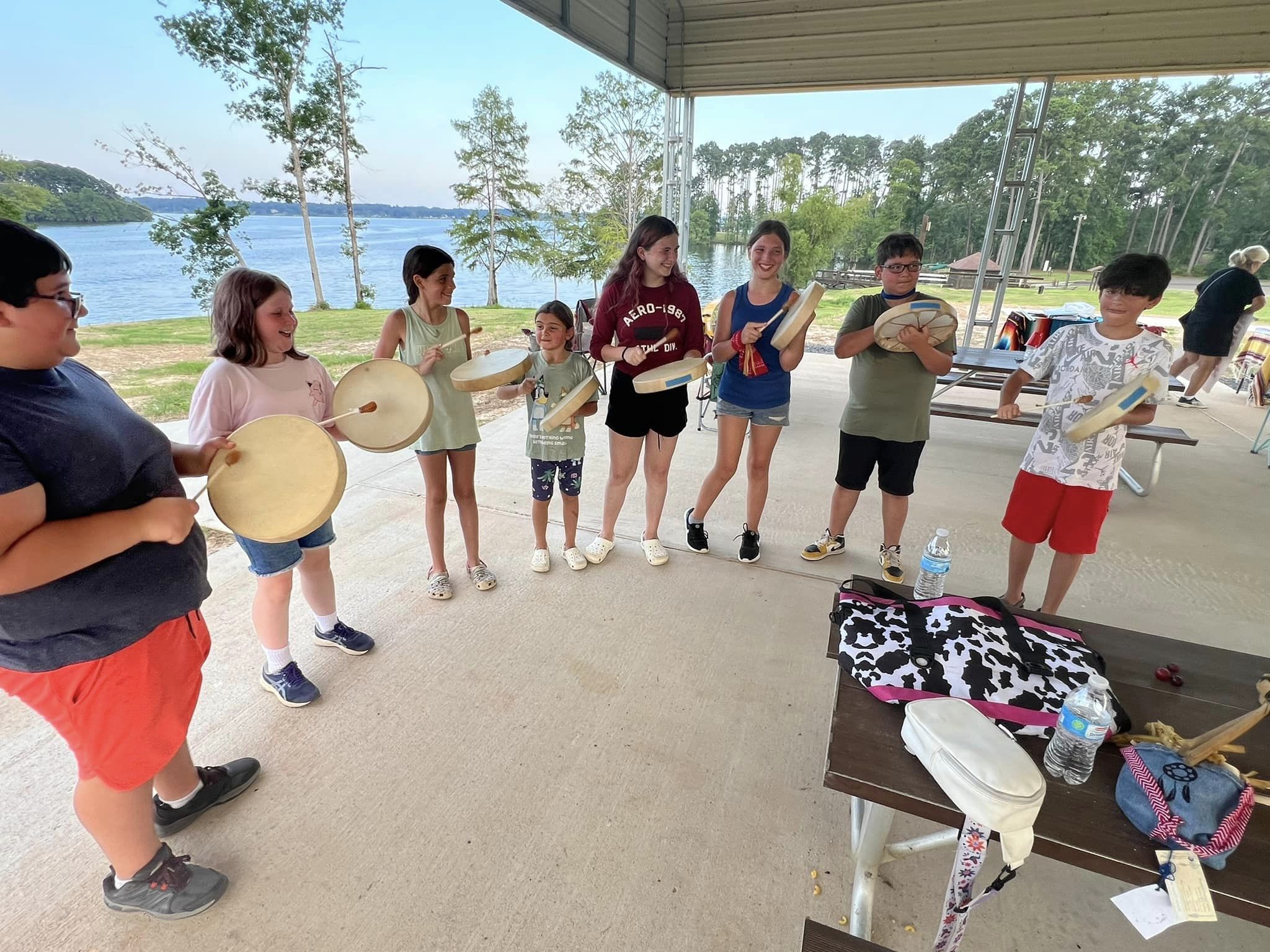
Culture Camp
Culture Camp 2025: Ho Minti Society is hosting our Third Annual Culture Camp at the beautiful North Toledo Bend State Park. The camp this year will be all day June 22-25, inclusive, and camp hours are from 8:00 am to 6:00 pm (overnight option available with supervision of parents/guardians). We will include the link to the full schedule prior to camp.
Payment Method: $25 (check, money order or PayPal). Paypal is HoMintiSociety@gmail.com. Checks and money orders can be mailed to Ho Minti Society, 886 Garcie Rd, Zwolle, LA 71486.
The preservation of our culture and its transmission to the future generations of our community is at the heart of Ho Minti Society's mission. Each June, we gather tribal children aged 7-17 from across Louisiana and beyond to learn traditional practices, to build community, and to have fun!
At the camp, children are introduced to community languages, regalia, and dances, in addition to native plant identification, archery, fishing, Indigenous crafts, such as beadwork and leatherwork, and much more. Ho Minti Society's Culture Camp is just one endeavor aimed at the preservation of Indigenous cultural practices among the Choctaw-Apache Tribe of Ebarb (and beyond), but in some ways it is the most vital. If we don't educate each new generation, then all of those ways of knowing that are distinct and essential to our community end with us.
Volunteers and donations are deeply appreciated!
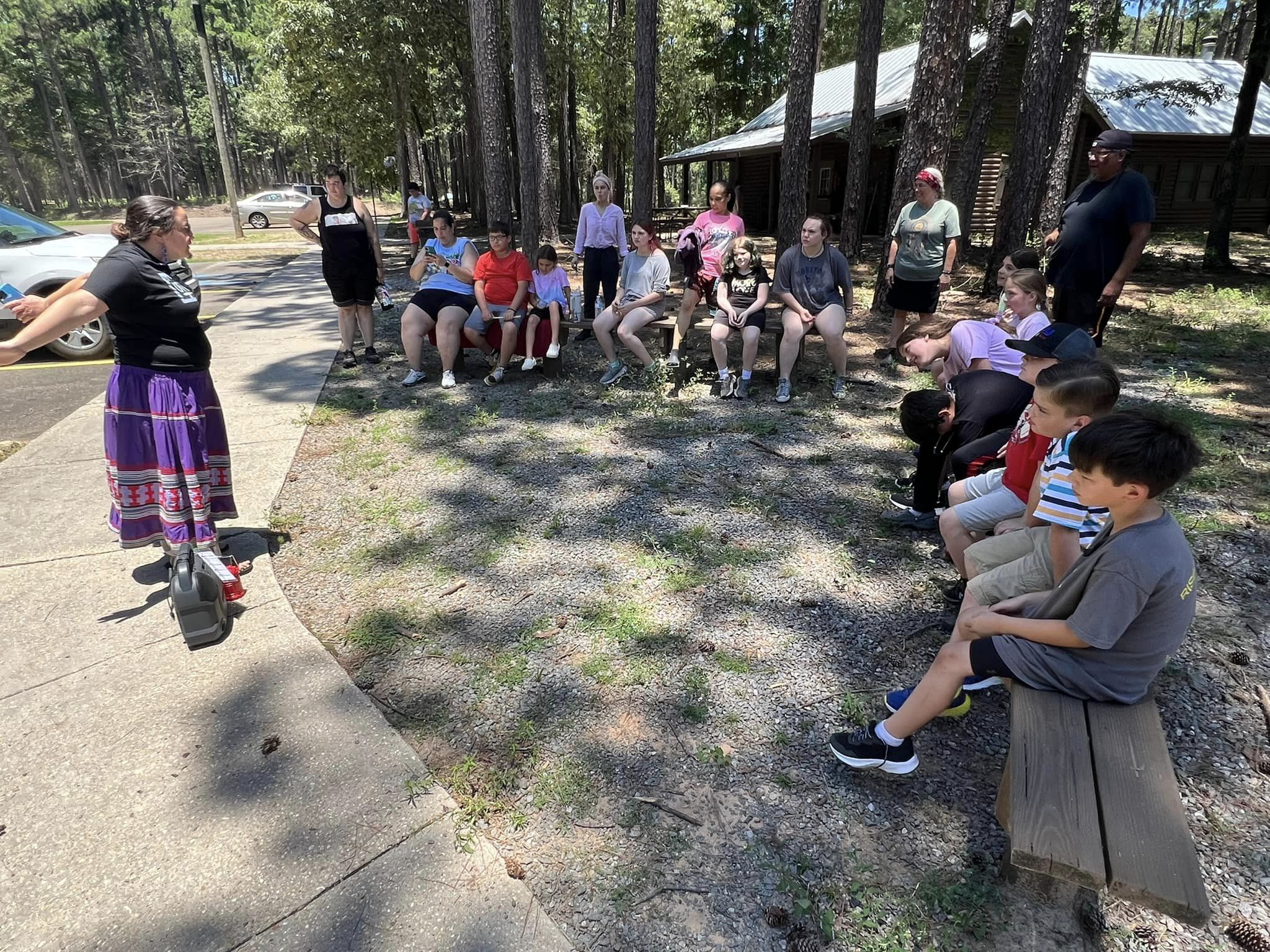
Language Revival
Ho Minti Society has launched a language revival project for the Indigenous pidgin language of Yamá, also known as Mobilian Trade Language (MTL). It operated for centuries as a lingua franca among the Indigenous peoples of the Southeastern Woodlands, including Choctaw, Chickasaw, Tunica, and Biloxi communities, among many others. The language is thought to have gone extinct by the 1950s, though elders could recall fragments of it into the 1980s.
With help from language scholars, language revival practitioners of other language projects, and members of our community and others, we have begun the challenging and exciting work of rebuilding the Yamá lexicon from sources scattered across the archives and hidden within other reservoirs of knowledge. It is our goal to return Yamá to the vibrant place of intertribal communication between its former speakers that it once held.
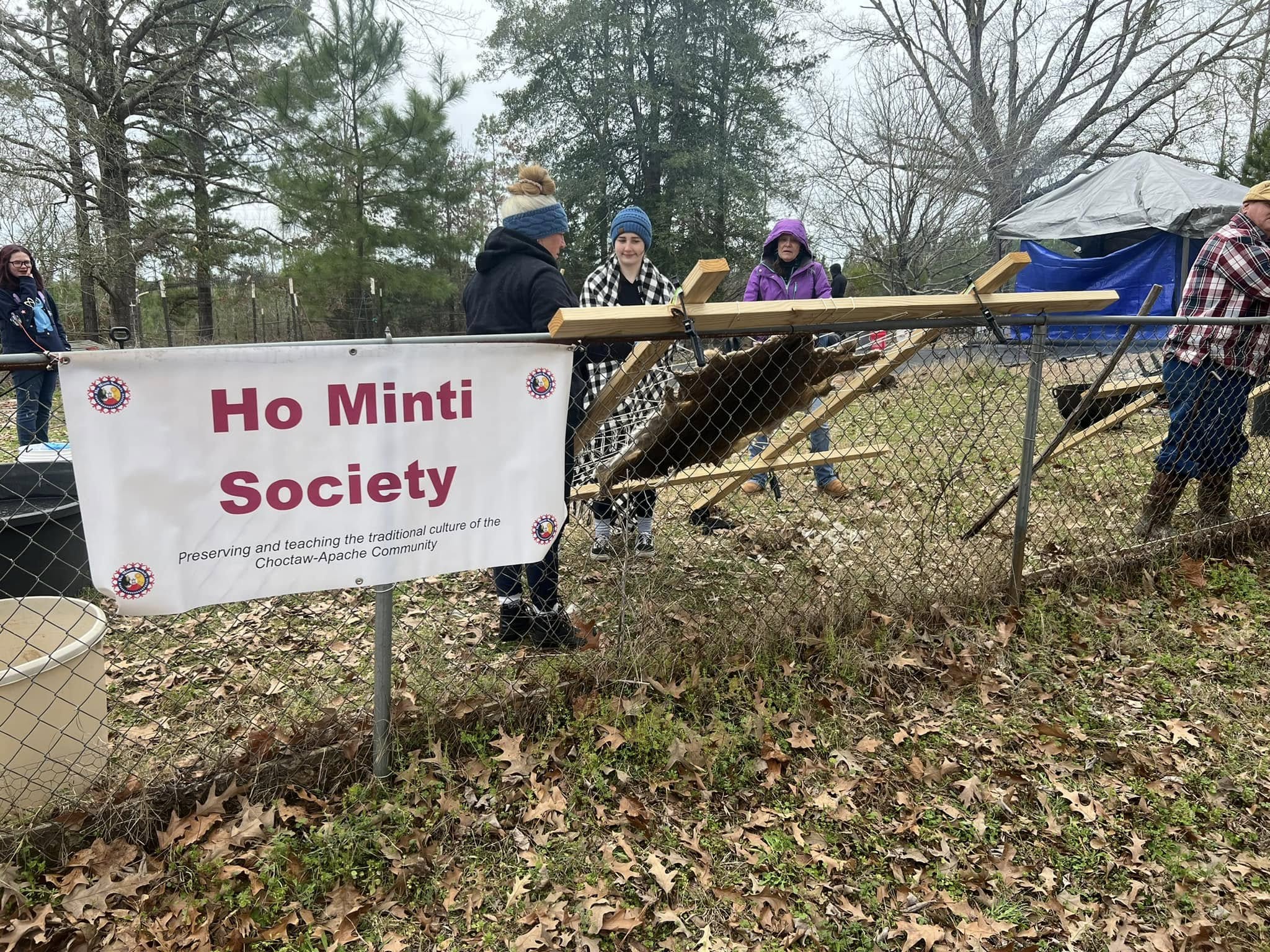
Traditional Indigenous Arts
We pride ourselves on keeping the practices of our ancestors alive, and we host regular meetings at which experts and novices alike come together to practice beading, stitchwork, moccasin sewing, pine needle basketry, and other crafts.
Previous events have included Rhonda Gauthier teaching how to make traditional hominy from scratch and how to do applique beadwork, Dr. Rebecca Riall teaching how to make brick stitch earrings, and Steve Jones leading hide tanning workshops, plus many others on making dance regalia for our spring and fall powwows, making flat turkey fans, making shawls, and lots else.
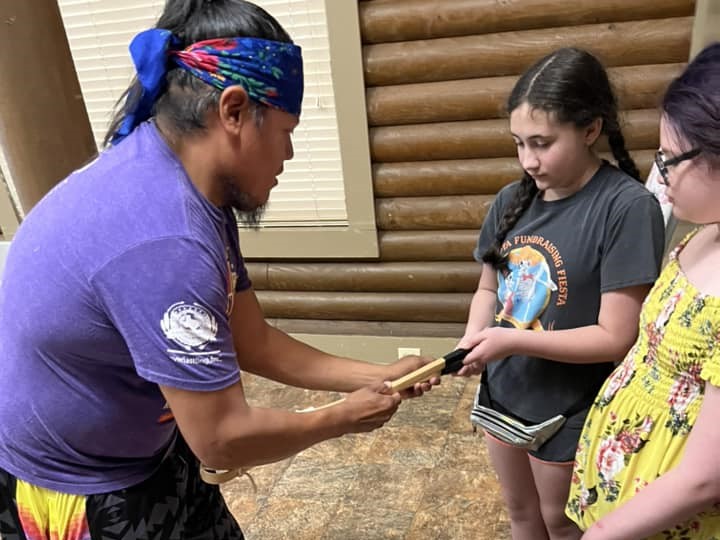
Self-defense
Indigenous women and girls face a staggering onslaught of personal violence.
The murder rate of Indigenous women is three times higher than non-Native women. It is the third leading cause of death for Indigenous women; over 85 percent of them have experienced violence and historical trauma.
Our ancestors lived in matrilineal and matrilocal societies where women were respected as sacred life-givers. We must work diligently to end cultures of toxic misogyny and lateral violence.
We support the Missing and Murdered Indigenous Women (MMIW) movement. We also promote women’s self-defense training.
